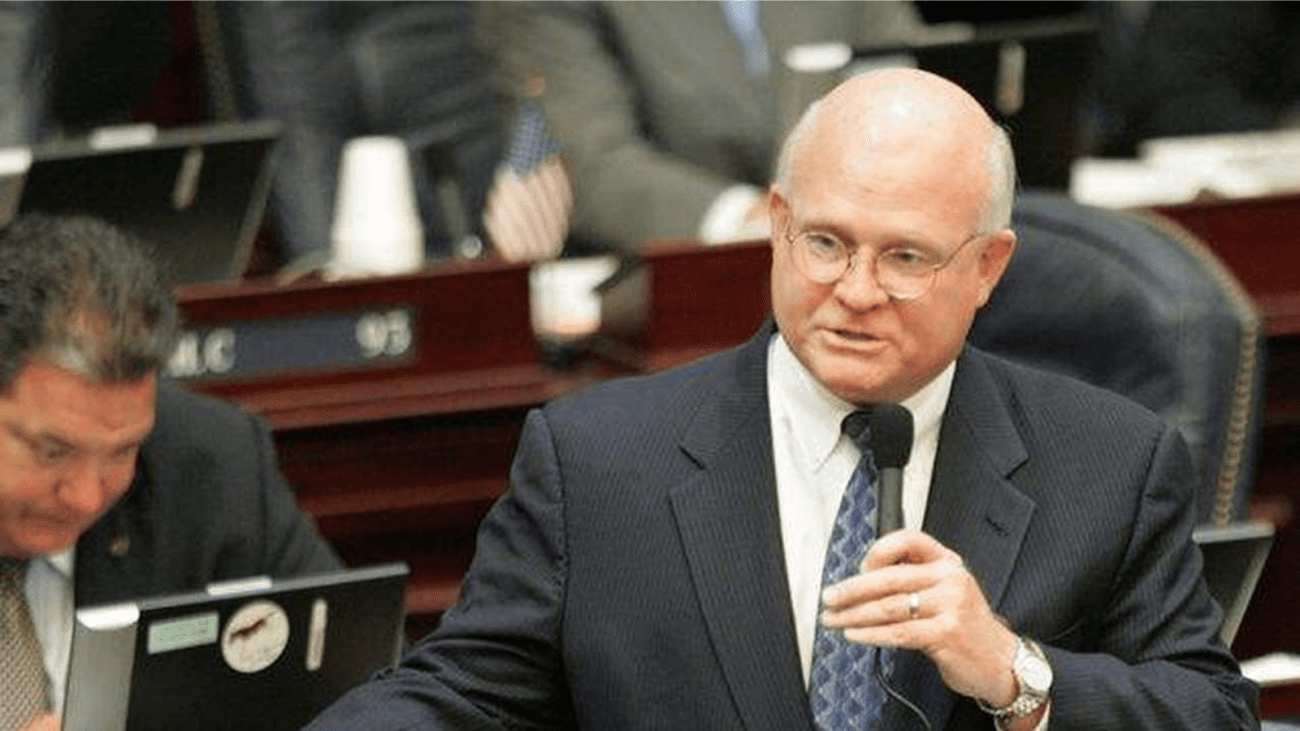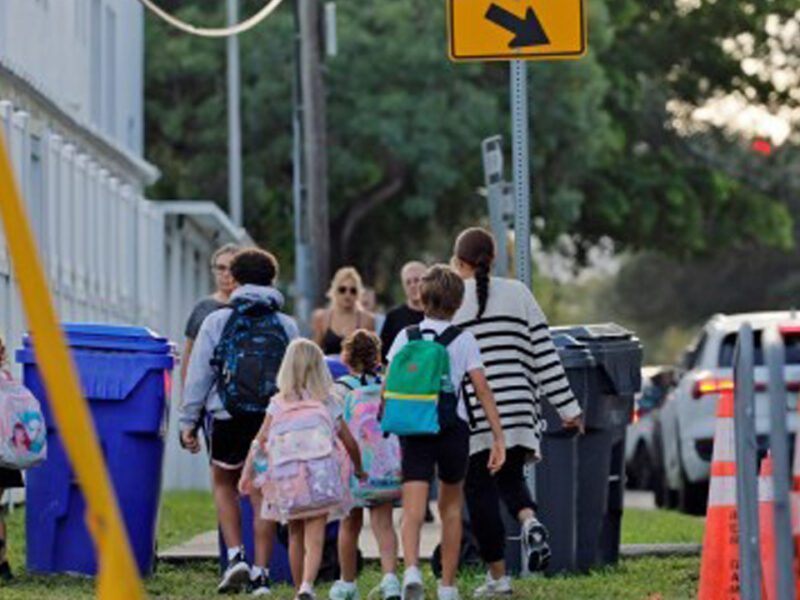Funding concerns linger over Bright Futures scholarships
Under student pressure, the Legislature moved to tone down the proposal to overhaul Bright Futures. Still, it’s unclear whether the bill will ultimately win approval.
Tampa Bay Times | by Ana Ceballos | March 23, 2021
TALLAHASSEE — One of this legislative session’s most high-profile education bills was largely toppled on Tuesday by the collective furor of a group of students trying to “save” the state’s popular Bright Futures college scholarship program.
The proposal, sponsored by Sen. Dennis Baxley, would have reduced Bright Futures scholarships based on specific majors that “do not lead directly to employment.” It also would have cut scholarships based on how many college credits students earned through Advanced Placement and other related programs.
But students, outraged by the proposed reductions, cooked up a coordinated effort to oppose Senate Bill 86. They used social media and organized a grassroots lobbying effort to increase pressure on Baxley and other lawmakers to scrap the idea. Their efforts, for the most part, paid off on Tuesday.
At Baxley’s request, the Senate Education Appropriations Subcommittee revised the bill and removed the proposed scholarship reductions. In an interview, Baxley said student opposition “absolutely” influenced the changes in the bill.
“Believe it or not, it always means a lot to us,” the Ocala Republican said.
Despite the changes, students remain concerned that the bill still allows lawmakers to set scholarship amounts through the budget process, rather than keeping them tied to the cost of tuition and fees.
“It would not guarantee how much money we are given,” said Grant Stacey, a Port Charlotte high school senior who has been part of the student-led group “Save Bright Futures.”
Bright Futures scholarships currently cover 75 percent or 100 percent of students’ tuition costs, based on merit and high academic achievements. Stacey said the group plans to keep emailing lawmakers to ensure they don’t change that policy.
Baxley, however, said the Legislature should have spending flexibility over scholarship amounts to meet the “realities of current economic environments.”
“We can’t promise forever promises,” Baxley told senators. “We cannot bind future Legislatures to that commitment … some of them will have great realities and some will have realities that are challenging.”
Amid a global pandemic, lawmakers have warned of budget cuts. Members of the House and Senate plan to unveil their separate budget plans later this week, marking the official start of legislative budget negotiations.
Baxley maintains that he has “no intention to try to cut” scholarship amounts. But whether Bright Futures will make it onto the cutting board remains to be seen.
“It’s a live process and I don’t have a sense of that direction,” Baxley told the Times/Herald when asked about potential cuts.
Scratching the lottery money
Florida’s Bright Futures scholarships have been funded by the Florida Lottery since their inception in 1997.
The Florida Lottery was created on the promise that it would go toward education, at all levels. There was $2.2 billion available in the Education Enhancement Trust Fund this fiscal year, of which $1.9 billion came from the Florida Lottery. Bright Futures received $651.8 million in 2020-21.
“There is plenty in the lottery to fund this [Bright Futures] and more,” said Sen. Tina Polksy, D-Boca Raton.
Baxley agreed that lottery money goes to education, though he said that it is a “very broad space.”
“We have made the conscious decision to prioritize our scholarship program out of it,” he said. “But the Constitution says it is for education.”
Sen. Manny Diaz, R-Hialeah, who voted in favor of the bill, said the Legislature should have the flexibility to fund the program during the budget process. Sen. Travis Hutson, R-St. Augustine, backed Diaz’s argument, and noted that nothing in Baxley’s bill “shows we are cutting Bright Futures funding.”
Senate Democrats, however, were skeptical of Republicans’ intentions.
Sen. Janet Cruz, for instance, worried the bill on the table will allow the Republican-dominated Legislature to cut scholarship amounts, even if the bill does not explicitly say that.
The Tampa Democrat pushed to amend the bill to guarantee Bright Futures scholarships would be tied to tuition and fee costs. But the Republican majority turned it down.
Does it have wings?
Gov. Ron DeSantis, meanwhile, has said he wants the Legislature to fully fund scholarships for the upcoming fiscal year.
“I think Bright Futures is something that Florida families have relied upon,” he told reporters last week. “It’s something that I support. I fully funded it in my budget, and we hope the Legislature follows suit with that as well.”
The governor’s comment, paired with a statement from House leaders that they’re not considering a Bright Futures bill, offer strong signals that the measure might not be headed for ultimate approval.
But Baxley suggested that, whether the bill passes or not, his bill has started a conversation about the value of degrees at Florida’s colleges and universities.
His bill, for instance, would require the Board of Governors to publish an online dashboard featuring data on graduates of various fields of study, including post-graduation median salaries and student loan debts.
In a letter to his Senate colleagues Monday morning, he explained his bill is meant to view higher education as an investment. He added that students should plan ahead and have a job as an end goal.
“We have awakened a giant,” Baxley wrote.”We have to reconnect the education and economic model and we have begun that process.”
Photo: Rep. Dennis Baxley, R-Ocala, the bill’s sponsor.






